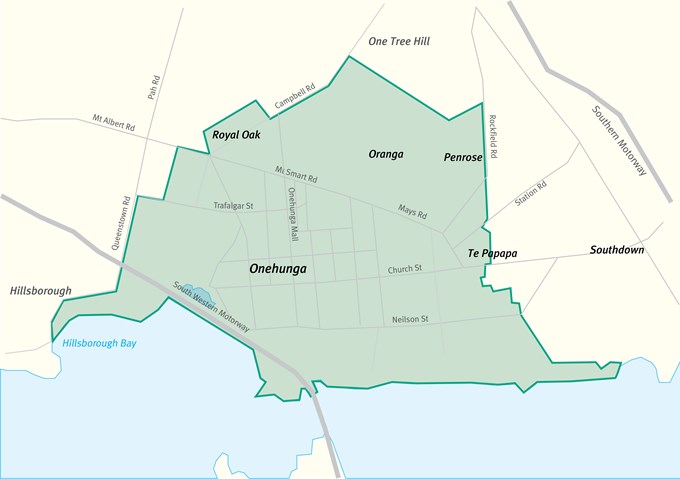Watercare have temporarily shut down the Onehunga Water Treatment Plant to ensure it can continue to consistently meet the new drinking water regulations that take effect next month (November).
Water services regulator Taumata Arowai has developed new Drinking Water Standards that will come into effect on November 14. For the first time, the standards will include a maximum acceptable value (MAV) for per- and poly-fluorinated alkyl substances (PFAS) – manufactured chemicals used in products like non-stick cookware or water-resistant clothing – in drinking water supplies.
Watercare's head of production Peter Rogers says: “While there haven’t been any regulations covering the presence of PFAS until now, we’ve proactively been testing for its presence at our Onehunga Water Treatment Plant for the past four years.
“Of these monthly samples, just four have shown levels of PFAS above the soon-to-be-introduced limit in the new drinking water standards.
“While these instances have been rare, we’re acting with an abundance of caution in our decision to temporarily shut down the plant.”
Te Whatu Ora Medical Officer of Health Dr David Sinclair agrees it is prudent that we have been testing for PFAS in drinking water before the new standards come in next month, and is now taking the precaution of suspending the Onehunga water supply.
“People are exposed to PFAS and PFOS chemicals in many ways, as they are used in everything from non-stick cookware to clothes and food packaging. Low levels of these chemicals are commonly found in drinking water sources in Europe and the USA.
“The long-term health impacts of exposure to PFAS are still being investigated, so it is sensible to suspend the Onehunga water supply until it can be proven to consistently meet the new standards,” he says.
Maximum acceptable values in the new Drinking Water Standards cover a range of contaminants and are based on guideline values set by the World Health Organisation.
Rogers says customers won’t notice any difference in the water that comes out of their taps.
“The only difference is, now that we’re supplying Onehunga from our metropolitan network, the water contains fluoride. Until now, the area’s drinking water has not had fluoride added – this was in keeping with a decision made many years ago by the former Onehunga Borough Council.
“However, in July Dr Ashley Bloomfield, in his role at the time as Director-General of Health, directed us to fluoridate the area’s water supply by June 2024. The decision to shut down the plant simply brings that change forward.”
Watercare will consider the best long-term options for the treatment plant, which could include additional treatment processes to remove any PFAS from the water.
“Thanks to the new water sources we brought online during the drought, Auckland’s water supply is in a strong position, and we are able to supply the Onehunga area from our other sources in the meantime.”
Watercare temporarily close Onehunga Water Treatment Plant


